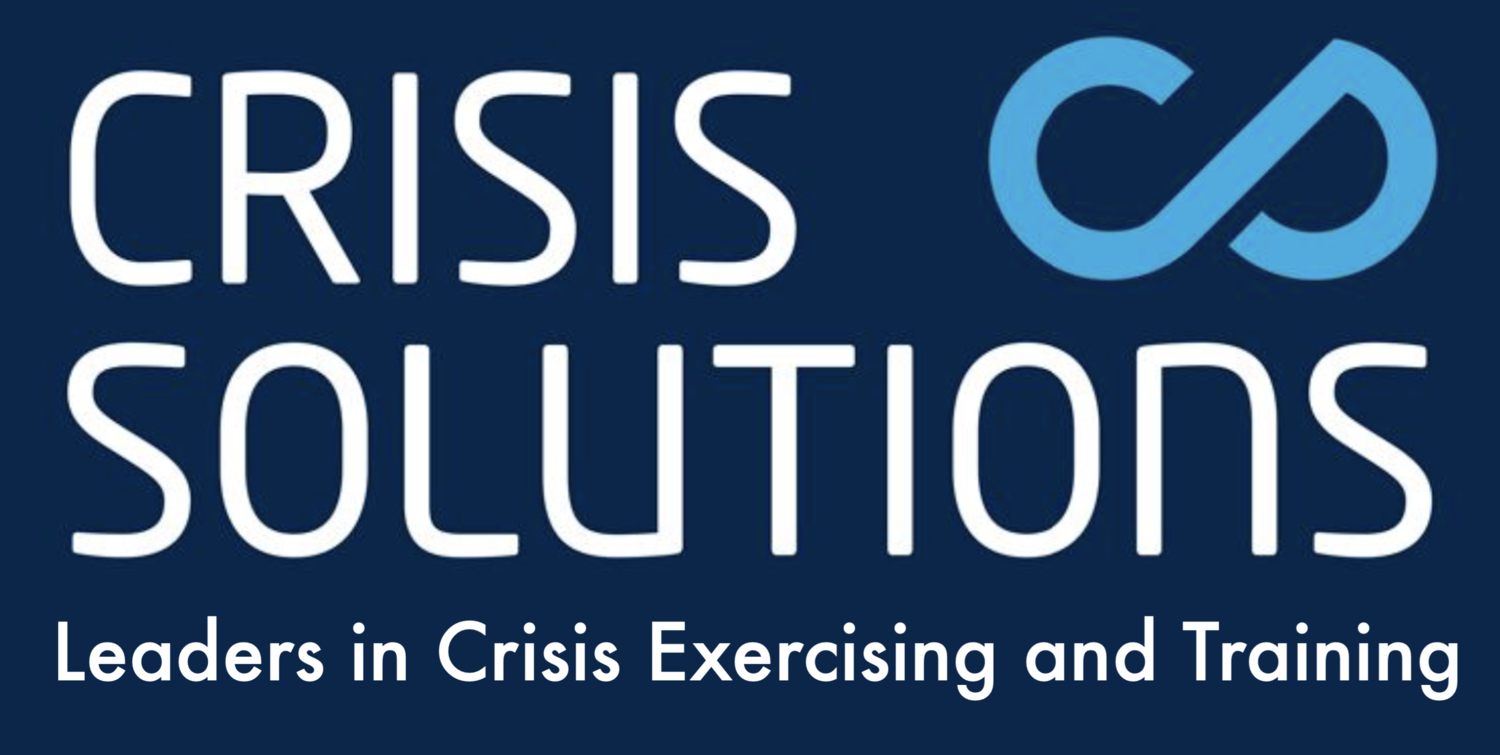“Everyone has a plan, until they get punched in the mouth”
Like him or loath him, Mike Tyson’s famous quote is true for so many things in life, and certainly sums up how organisations might feel when faced with a crisis. Planning is all well and good, but until you face the harsh realities of a crisis, you have no idea how good your plan is.
So, how does an organisation test its crisis plan? A crisis exercise can help you examine how effective your plan is, but only if the objectives are clear enough and the event is properly designed and executed. It’s not just about coming up with a great scenario and adding some fancy simulated news and social media. If you gather together a senior management team in one (maybe virtual) room and throw them the challenge of a crisis, then most teams will do a pretty good job just by analysing the problem and brainstorming the solutions. In effect, they can ‘wing it’.
But if they don’t look at the plan or follow an established process then what has the organisation learned? All that you learn from such an exercise is that the group of people present on that particular day managed the crisis effectively. You have no idea whether your plan is any good. So, if your objective was to test your plan, then you can’t really tick that box.
On the other hand, if you design an exercise that encourages a team to follow a process for managing a crisis then you now have an ability to verify your plan. The process should ensure that the team follows a logical sequence of steps, such as:
Evaluation of the facts and impacts
Setting a goal for resolving the crisis
Allocating tasks and follow-up responsibilities
Communicating with the appropriate audiences
Identifying potential roadblocks and resource requirements
and so on.
The process should be simple enough to be understood and used by anybody who has to take on a role in a crisis team. Importantly, a crisis management process adds to the collective knowledge-base of the organisation, what I call the ‘crisis management DNA’. The experience of each crisis and crisis exercise gets passed down to future team members in terms of improvements to the plan or the process.
So when that punch in the mouth comes, you are as ready as you can be.

